European literature in Tirana, writers reveal the messages and emotions books convey
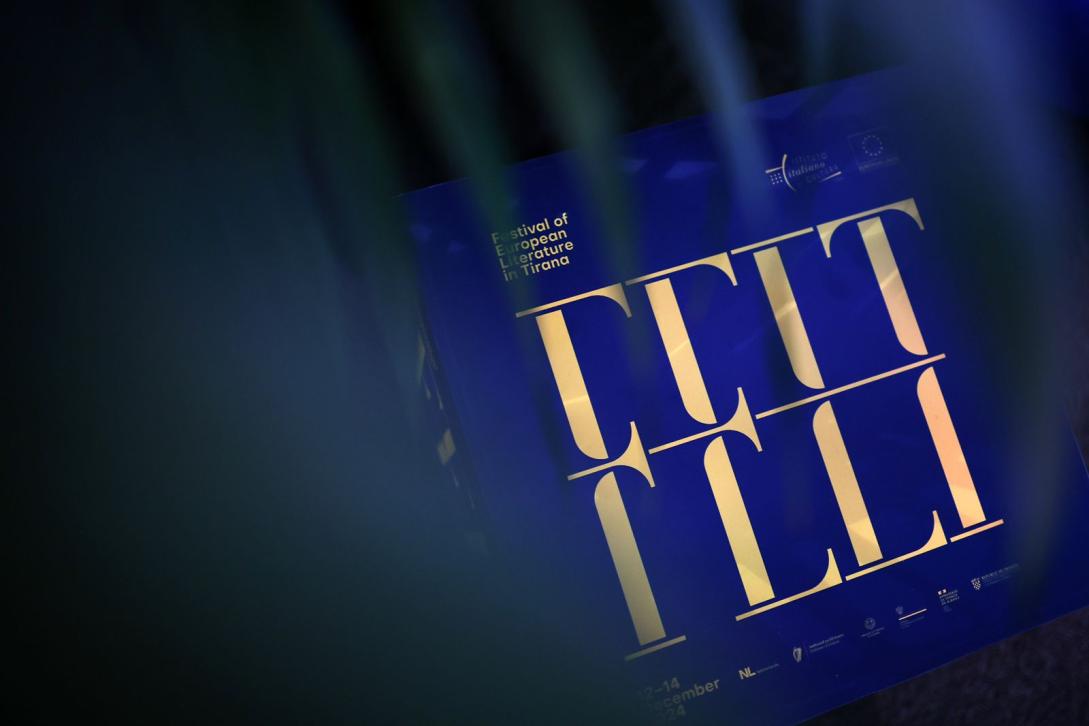
“Literature has a magic power; it can talk about things without directly talking about them. Through stories, we can describe feelings, situations, struggles or problems that cannot be easily described with words, but can just be felt. Literature has understood the full spectrum of human existence”, says Christos Armando Gezos, a Greek writer who visited Albania to participate in the Festival of European Literature in Tirana in December.
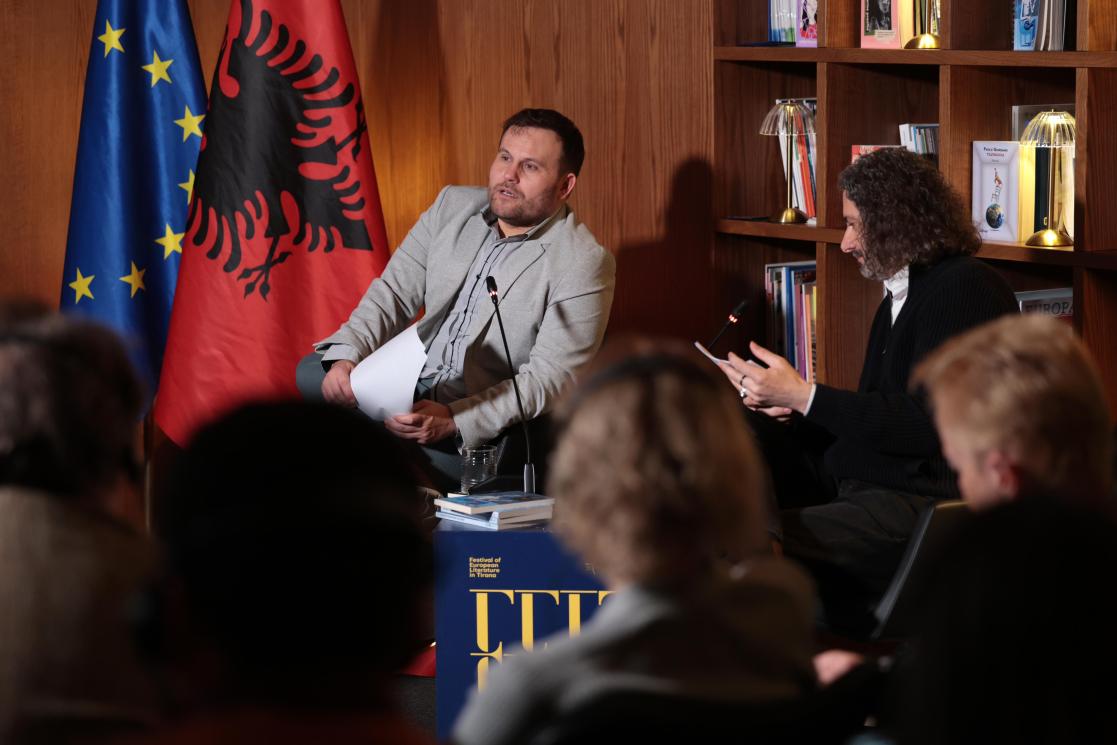
EU in Albania
Aiming to celebrate European literature, the festival gathered authors from different countries for literary meetings that showcased diverse themes, styles, realities and stories. These events highlighted the voices of contemporary, literature which often grapple with societal concern.
“The themes for which I am concerned are eternal ones - death, the meaning of life, the struggle of human beings to shape the future in ways they desire, and freedom, the spiritual freedom. The power of human will and the attitude towards life. What I want to convey, when I write, is that life is beautiful and painful, and this is not a contradiction. It's beautiful because it's painful, and because it's painful you can appreciate the small moments of beauty. In that sense, I would say that I am an optimistic writer, the themes I write are a bit dark at the first glimpse, but indeed they are a celebration of life”, explains Gezos. His meeting was followed by lively discussions and questions during the festival’s opening day, which was organized by the EU Delegation to Albania in collaboration with the Institute of Italian Culture in Albania.
From the Epic of Gilgamesh, to Iliad and the Odyssey, literary works have shown, lives and thoughts of people from all around the world, in different eras, cultures and nations. Whether fictional or inspired by true events, literature—with its complexity, dilemmas, and implied meanings—raises questions, provides answers, and fosters critical thinking. It leads readers on psychological and historical journeys while shedding light on the human condition.
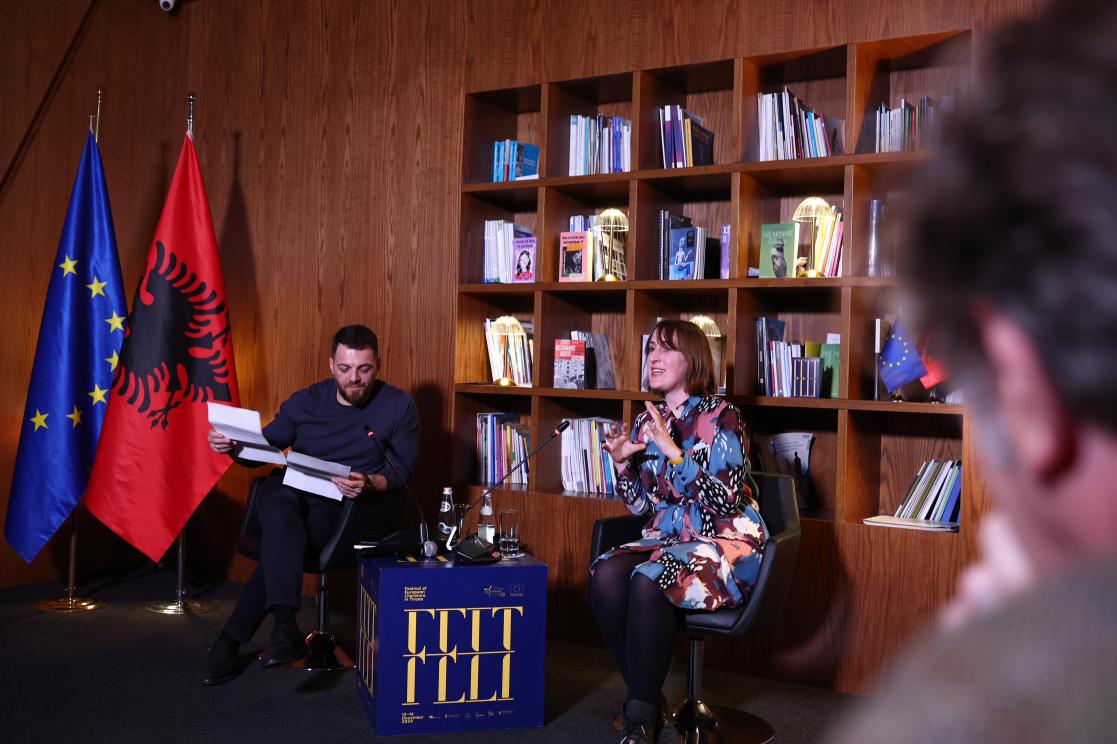
EU in Albania
Aware of the challenges faced by societies today, some authors have more direct messages, to the answer, why they write. Irish writer Katherine Prasifka explains here motivation: “Literature is very personal and it allows you to put yourself in the shoes of another person and to live an experience you haven’t lived. My work is about social media and the way in which the internet has changed how we interact with ourselves and the reality fundamentally. I would like to explain that to the people who don't understand.”
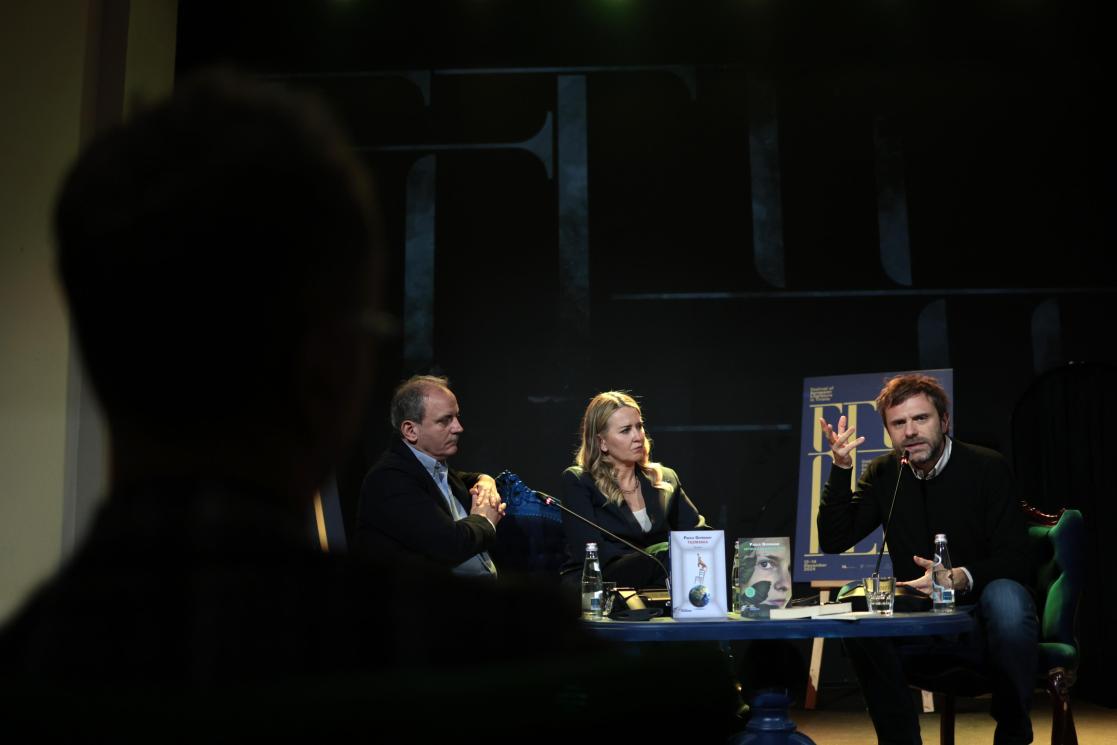
EU in Albania
Literature is more than aesthetics and structure which tells a story. Sometimes, the story means a public attitude, a belief, a value or warnings. Protecting fundamental rights, is a mainline for the Italian writer, Paolo Giordano.
“Whenever there is a European literature festival, or even a European ‘something’, I try to be present, because if there is one thing that we need today, is to build a stronger bond and sense of what Europe is and means. I think you can really appreciate what Europe means, and the privilege it still is to be part of it, if you look at it from the borders. But if you look at it from inside, sometimes, you lose the sense of importance that this idea of Europe and European ideas still have”, - highlights Giordano, whose books, are about environment, human rights, gender issues, etc.
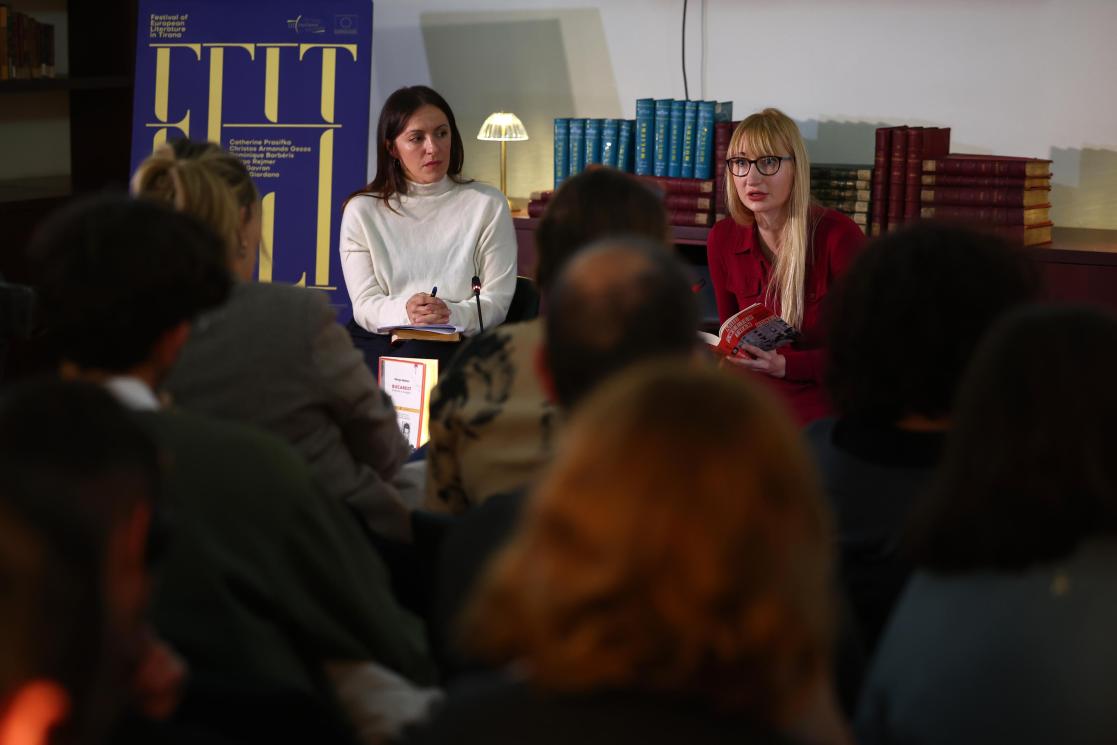
EU in Albania
Looking through the Albanian communist period, the Polish writer, Margo Rejmer, encountered as her main message an attempt to answer the question: how can we survive the worst possible conditions, what is the essence of human nature, what makes us weak and what makes us strong?
“Mud sweeter than honey’ is a book on Albanian communism but is also a book about human nature, resilience and those spaces of freedom inside us. How we are trying to maneuver and act kindly or unkindly in very specific circumstances, because when you look it from a distance, the fact that people were so isolated in the communist Albania, and were getting access to very limited information is a kind of a sociological experiment”, Rejmer analyses, advising that we all we need to learn again and recreate our bonds with books as they are connecting us to people and perspectives and teaching us empathy.
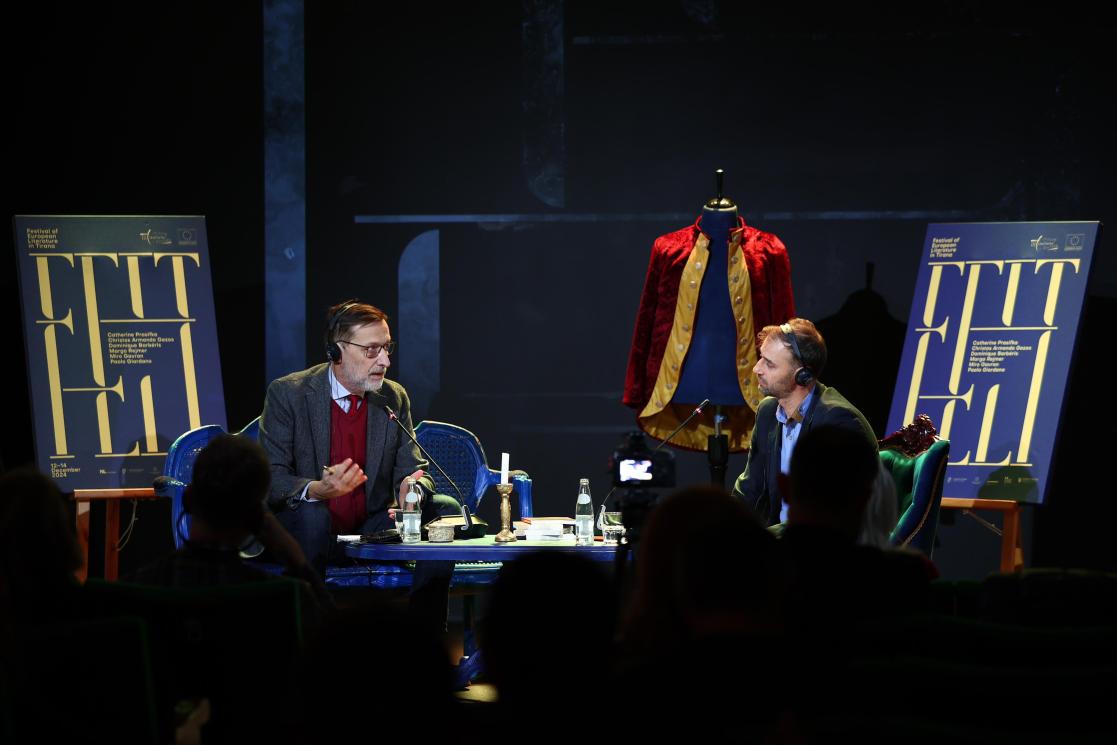
EU in Albania
For Croatian author, Miro Gavran, the main message of literature is to be true, essential and try to improve the closeness between people. "My message is that there is nothing more beautiful than human relationships. Think of a man who lives on an island. He is all alone. He cannot be neither a good, nor a bad person. We need another human being, in order to become a whole person. Novels, dramas and comedies, give us the ability to express ourselves and become a complete human being. Life is a vital adventure, by writing a book, we manage to teach a person to become himself", explains Gavran.
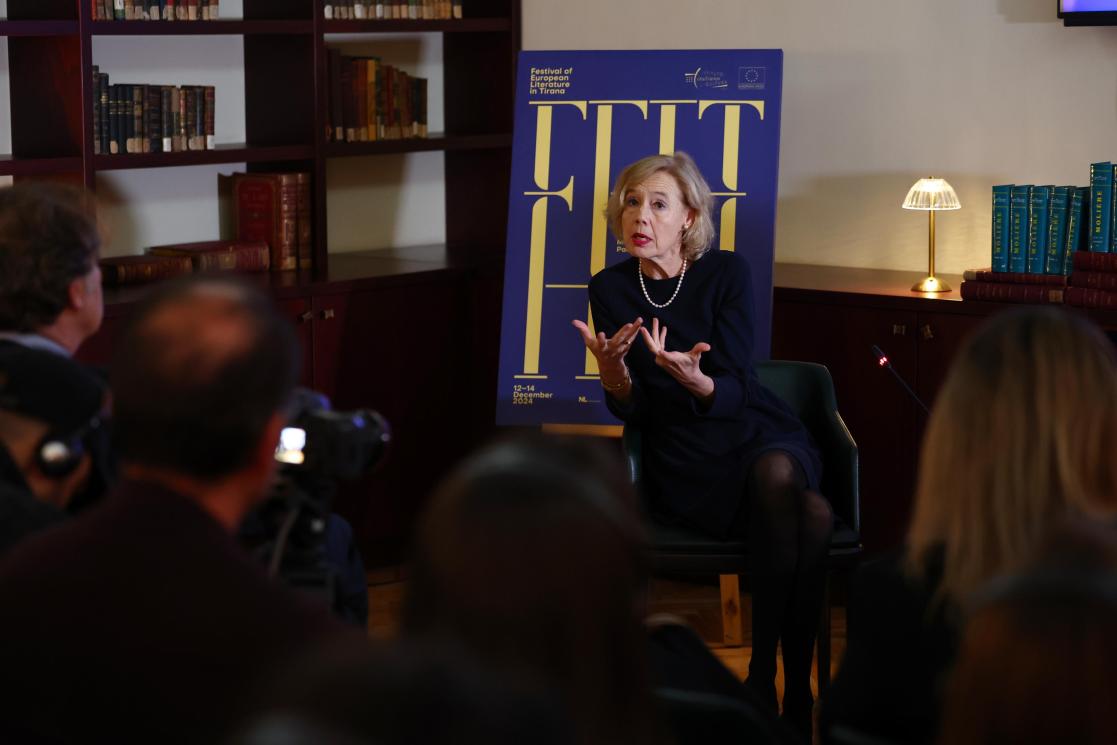
EU in Albania
Literature can also be a safe place, where we go, seeking for shelter, as revisiting our sweet memories. Talking about her creative process, the French writer, Dominique Barbéris, explains that she believes that some topics are imposed during this process instead of choosing them. "I don't try to convey anything. My books revolve around the problems of women, love and sometimes childhood, which for me is like the matrix of things and also a place, a moment in time that is a quiet place where I keep returning". On the other hand, she mentions the concern of an alarming decline of interest in literature. "I have been able to observe this in France. It is being replaced with other things. I don't know which philosopher says that we celebrate things too much when they start to disappear, I hope this is not the sign of that. And this is not a reason to be pessimistic, there are always people for whom literature is central, because it's perhaps the place to which legends turn", she says.




